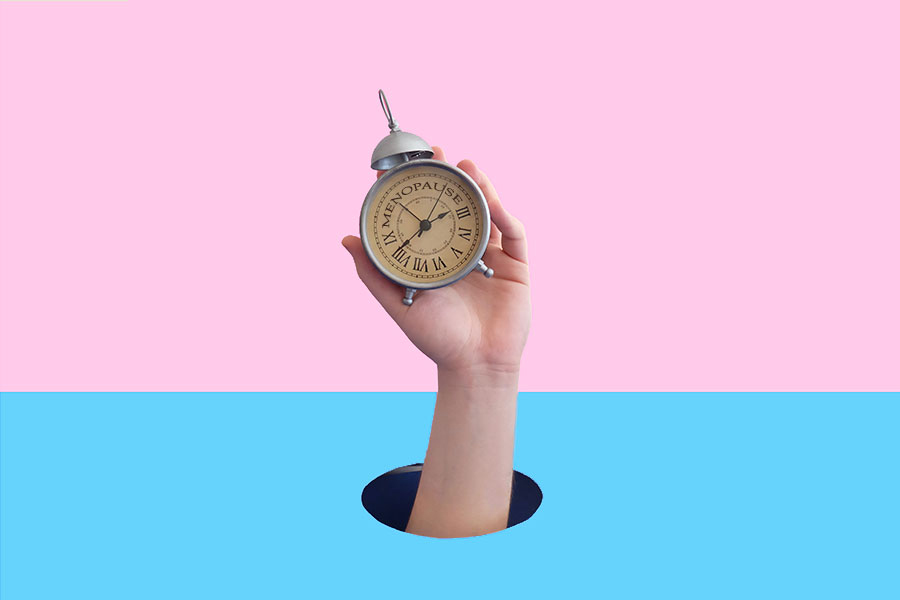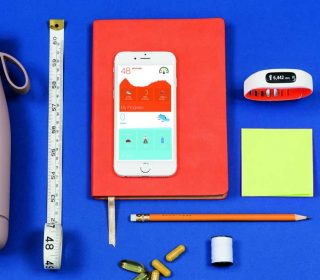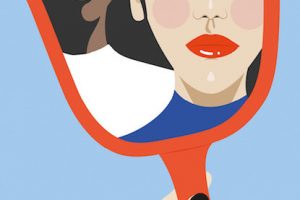How to navigate the ‘Menopause Runway’

You won’t be alone if you’ve not heard of the term ‘menopause runway’ before, but according to one expert the things you do leading up to peri-menopause and menopause can have a significant impact on how you experience them.
Coined by Neuroscientist Dr Julia Jones, it encourages women as young as 30 to commit to good wellness habits to better prepare themselves to combat debilitating menopause symptoms in later life.
Dr Jones says: “Women in their 40s and 50s are suffering greatly from menopausal symptoms, often exacerbated by the fact that their underlying health needed improving. Think of it in construction terms – if you build a house on weak foundations, that house is more likely to fall down.
“Most of us don’t think about menopause until our 40s or 50s but the ‘menopause runway’ actually begins in your 30s, with a few small bumps in the road that can set you up badly for a turbulent time in menopause.”
According to Julia, things to be mindful of include changes to your body, sleep pattern, stress and daily activities – all of which she says can contribute to how the body copes with menopause in the future decades.
“Life during our 30s is hectic. We’re juggling working life, home life, relationships, families, social networks etc. The arrival of smartphones has driven bad habits in the evening. Our exposure to artificial blue light from screens means that our Circadian sleep system becomes confused, and this damages our natural sleep quality,” says Dr Jones.
“This fact, combined with eating late, drinking alcohol, and too much caffeine, is quietly building a damaging sleep debt throughout your 30s. It’s also a routine of bad habits that won’t help you cope with sleep deprivation in your 40s and 50s.
“We also live in a very stressful world. Lots of things in our modern existence are frequently triggering that fight-flight-freeze survival response. This results in a chronic drip of stress chemicals that have damaging results in the body and brain over time.
“We allow stress to become a “normal” part of everyday life in our 30s. We just cope with it and eventually don’t even notice it. But this acceptance of stress can interfere with our ability to stabilise our mood in later life, making menopause even harder.”
The good news, according to Dr Jones, is there are ‘menopause runway’ tools we can implement, many of which can begin to help us right now as well as in years to come.
“There are several tools we can use during the menopause runway to help build rock solid foundations for the rest of our life. Many of them are now referred to as “biohacks” because they naturally hack into our underlying biological responses,” says Dr Jones.
“Adopting a simple fasting habit can help build better nutritional habits, control weight, and boost gut health. We’re not meant to be eating all day and night long. Give your digestive system a break by eating breakfast later and eating dinner earlier. For example, trying to eat within an 8-10 hour window during the daytime has been seen to be very effective for many people.
“As for sleep, getting early daylight exposure is how your Circadian sleep system regulates itself. Step outside as early in the morning as possible. Use dimmer switches in the evening and avoid screens as much as possible.”
Dr Jones also recommends synchronising breathing to music, calling it an excellent stress-buster, or even learning a musical instrument to lower stress and boost cognitive reserves.
“The way you travel along the menopause runway can put you in the perfect position for take-off into your menopause experience. Think of it as a tuning phase. It’s a period when you can embed some really simple, lifelong, habits that will protect you against some menopause symptoms and also a myriad of chronic diseases in later life.”
Dr Julia Jones is the Smart Wellness Coach for PPL PRS.









